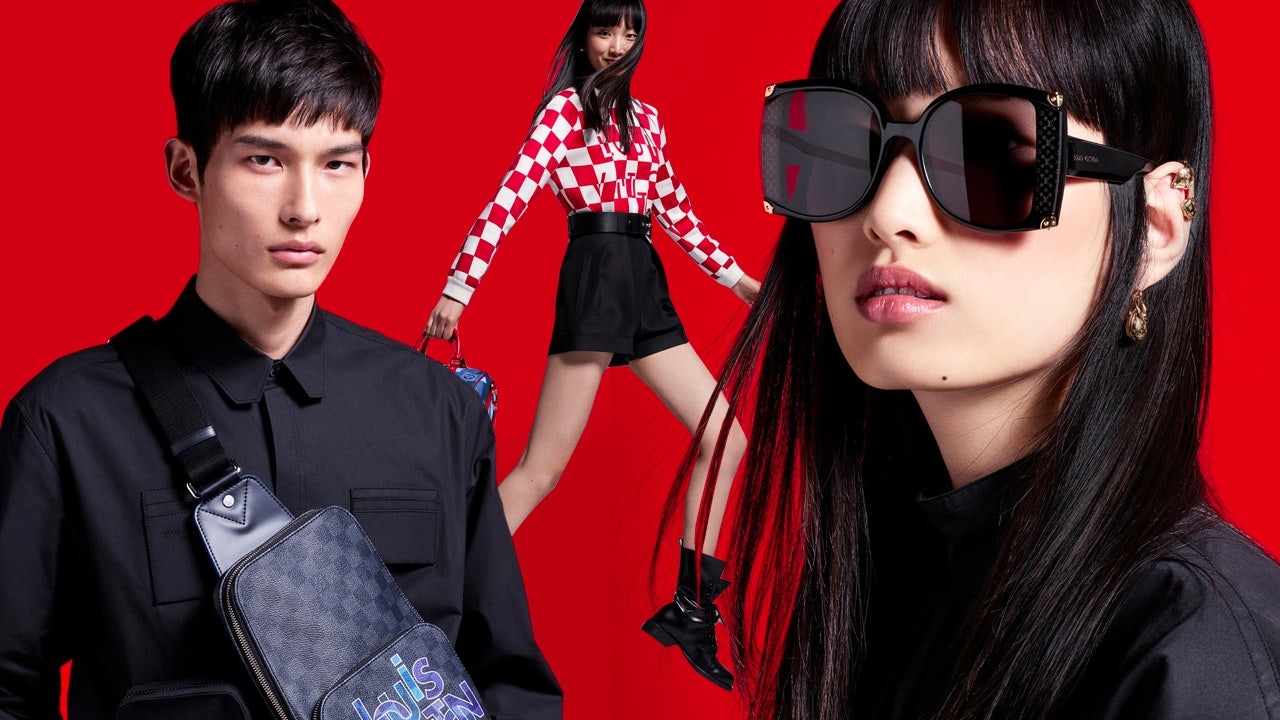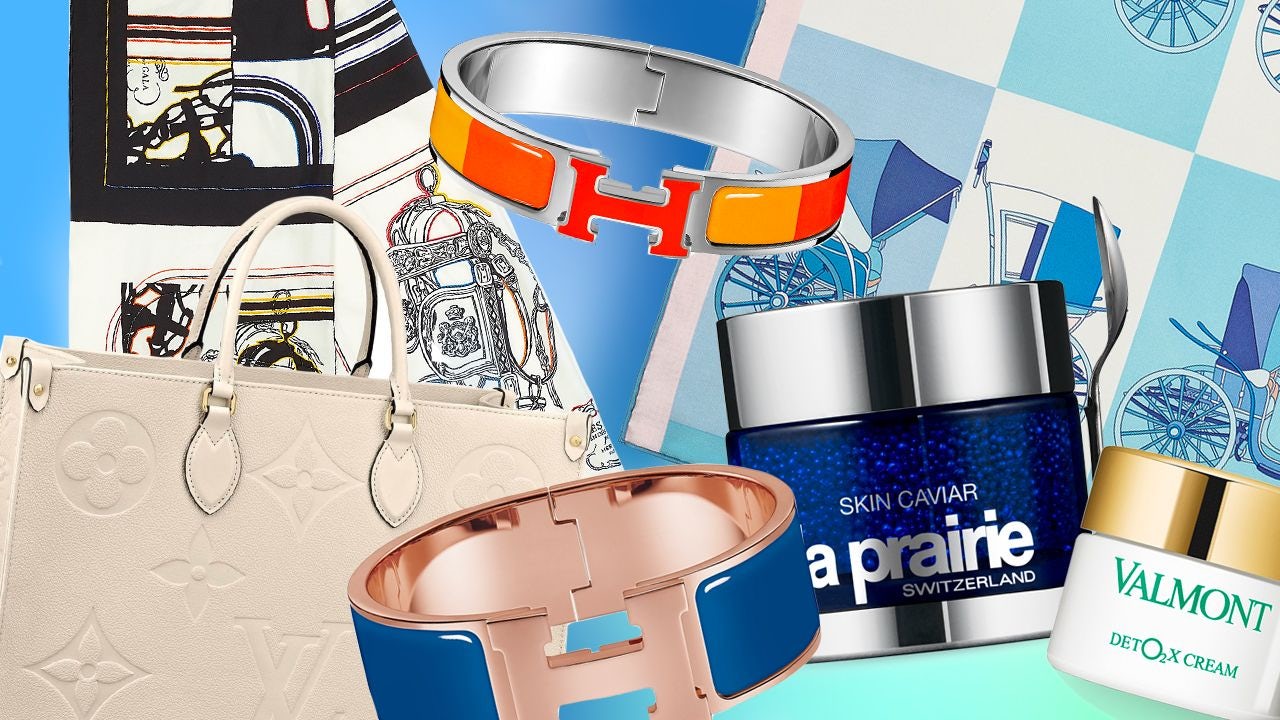Key Takeaways:
- In an unstable world, luxury has become more inconspicuous and discreet, while personalized, emotional experiences have become more valuable because they increase our zest and enthusiasm for life.
- Luxury boutiques have in-house lifestyle managers who understand the need for premium personalization and can come up with unique offers for their VIP clients.
- Because of AI technology systems and advanced algorithms, luxury brands can now generate personalized recommendations and envision customized plans.
"Worldwide, luxury is shifting rapidly from ‘having’ to ‘being’ — that is, consumers are moving from owning a luxury product to experiencing a luxury,” says Boston Consulting Group. Meanwhile, the Swiss multinational private bank Pictet highlights the same trend, stating, “People born between 1981 and 1996 are radically changing the patterns of consumption established by their predecessors.”
Pictet and Boston Consulting Group rightfully point out that younger consumers are changing consumption patterns because of their views on ownership and access. While older generations wanted to acquire products that communicated wealth and social status, younger shoppers prefer experiences. It’s a trend that isn’t exclusive to traditional luxury markets.
In China, the millennial demographic boosted strong spending growth in the experience market, but this burgeoning passion for experiences has a cultural association. Until very recently, we associated China with knock-offs and counterfeit luxury goods rather than superior craftsmanship and quality. So it’s hardly surprising that consumers today suffer from an authenticity fetish.
As I've stated in an article I wrote in The Luxury Conversation, “Their previous and ongoing experience with fakes is one reason for their demand for an authentic experience. Just to put things into perspective, a decade after the baby formula scandal, a consumer report from McKinsey & Co showed that 53 percent of people surveyed would still rather buy a global baby formula brand.”
Furthermore, the ongoing trade crisis and current global pandemic have made Chinese shoppers aware of the power of emotional engagement and the frivolity of material possessions. In an unstable world, luxury becomes more inconspicuous and discreet, while personalized, emotional experiences become more valuable because they increase our zest and enthusiasm for life.
According to Ryan Howell, assistant professor of psychology at San Francisco State University, individuals “fulfill their need for social bonding” while creating experiences. “When people spend money on life experiences, whether they also take someone with them or buy an extra ticket or whatever, most of our life experiences involve other individuals,” Howell added.
Today, the emergence of social media platforms has exponentially boosted the experience economy. Trips to unique destinations, gutsy tours, and peculiar world travels are now generating more engagement on Weibo and WeChat than luxury products. As such, younger luxury lovers eager to attract attention and communicate attitudes typical of affluent consumers are keen on investing in these refined experiences.
Some smart heritage brands and luxury conglomerates are already ahead of this curve and understand the new market demands. For example, IC Bellagio has partnered with the Altagamma Foundation “to offer exclusive behind-the-scenes access to major Italian brands.” According to a joint press release, their highly exclusive offer includes “visits to ateliers, design houses, workshops, company headquarters, wine-tastings at world-renowned vineyards, and meetings with entrepreneurs and owners to better understand their projects and growth.” In one issue, Luxury Travel Magazine highlights how VIP clients can travel to Ermenegildo Zegna’s workshops and have lessons in bespoke tailoring or enjoy private fashion shows at the house of Versace.
Louis Vuitton, a leader in fine leather craftsmanship, is doing a wonderful job at co-creating experiences and involving its customers in the creative process. From attracting the wealthy through made-to-order shoes and bags to inviting a selective few to visit its atelier at Asnières, Louis Vuitton is well aware of the significance of tailor-made experiences for today’s luxury lovers.
Brands like Dior, Prada, and Gucci now offer private viewings of their collections and bespoke tailoring. The Gemological Institute of America (GIA) put forward various programs in jewelry design and diamonds at their Hong Kong and Taipei campuses. And Van Cleef & Arpels has created its own L’École (school), where jewelry aficionados can learn the secrets behind high-end jewelry savoir-faire.
Meanwhile, Sotheby has invited the affluent class to “go behind the scenes of the luxury business and explore the connection between luxury and art” via their online course, valued at £6,550. Watch lovers can also take Christie’s online course designed by Dr. Andrew Hildreth and learn more about “the development of watch mechanisms, design trends across twentieth and twenty-first-century watches, and the market for vintage watches.”
The drive for connoisseurship-based luxury has transformed the industry and every interaction with luxury customers. Currently, most luxury boutiques have in-house lifestyle managers who understand the need for premium personalization and can come up with unique offers for their VIP clients. From invitations to curated events and product launches, there is an array of premium experiences available for the selected few. And now, thanks to AI technology systems and advanced algorithms, luxury brands can now generate personalized recommendations and customized plans that take the entire in-store experience to a new level of pedantry.

